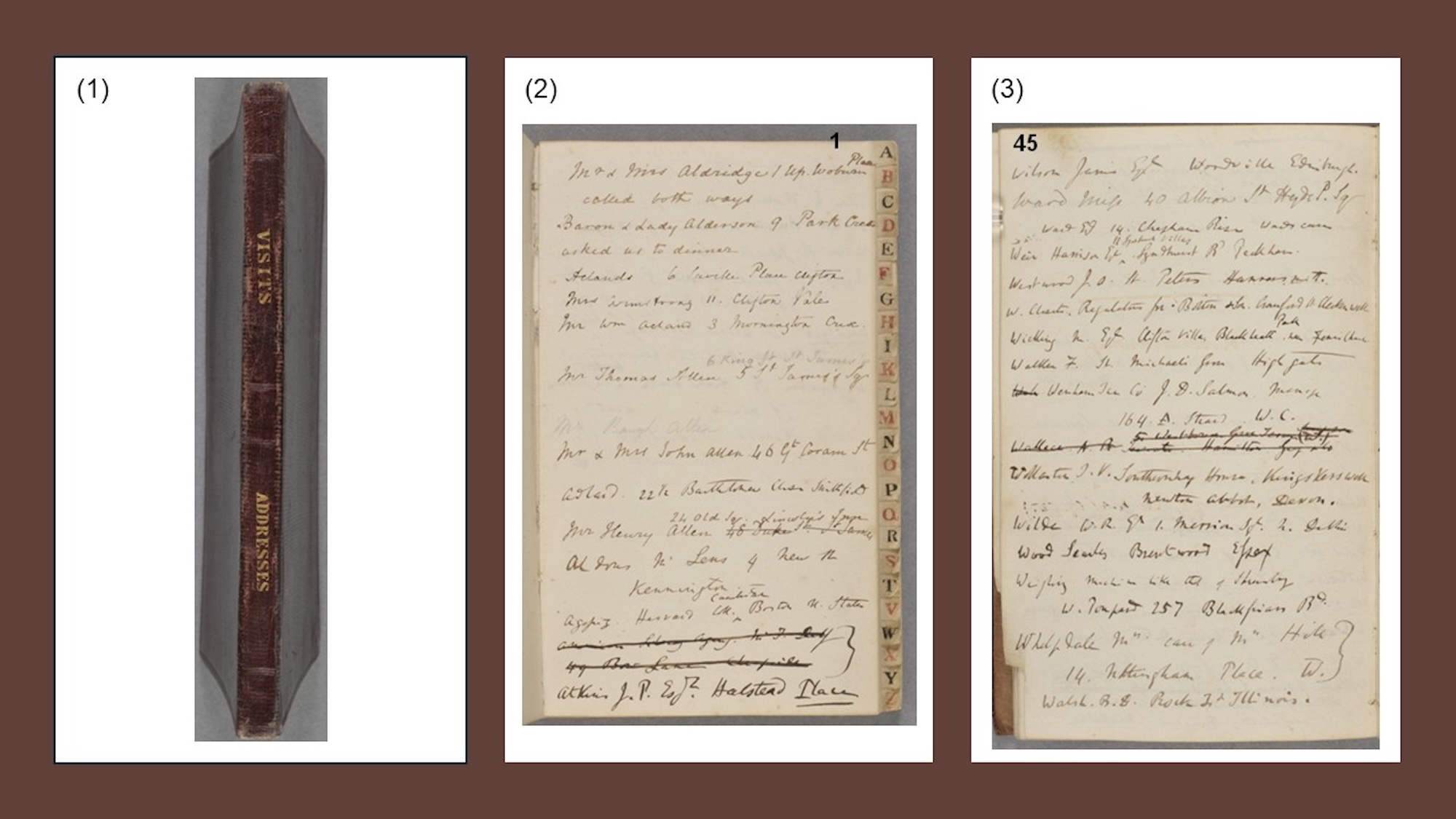A digitized version of Charles Darwin’s personal address book has been made accessible online, offering a unique glimpse into the life of the renowned naturalist. This initiative is part of the ongoing Darwin Online project hosted by the National University of Singapore (NUS). The 48-page artifact includes approximately 500 entries, featuring a mix of contacts, shopping lists, and even rat poison recipes.
John van Wyhe, a science historian at NUS, expressed his enthusiasm, stating, “It’s incredible that this little treasure-trove of details by Darwin has remained unpublished until now. It offers fascinating new insights into his life and the way he worked.” For over five decades, archivists have meticulously catalogued Darwin’s extensive correspondence, culminating in a collection of 30 volumes containing around 15,000 letters exchanged throughout his life. Despite this comprehensive archive, the newly digitized address book introduces previously undocumented names, businesses, and topics.
New Discoveries in Darwin’s Address Book
Among the intriguing contents is a mention of “Rarytes carbonate for Rats,” highlighting Darwin’s practical concerns while living at his estate in Down, England. The address book also reveals connections to lesser-known pigeon breeders, reflecting Darwin’s deep interest in the domestic bird, which played a crucial role in his seminal work, On the Origin of Species.
The address book also contains notable entries including the addresses of Oscar Wilde’s father and social reform advocate Octavia Hill. Such details add a fascinating layer to our understanding of Darwin’s social network and the era in which he lived. The presence of multiple rat poison recipes suggests that maintaining a small estate with outbuildings and stables required practical measures against pests.
Interestingly, the initial entries in the address book were penned by Darwin’s wife, Emma Darwin, shortly after their marriage in January 1839. Darwin took over the management of the book soon after and continued to rely on its contents until his passing in 1882.
Significance of the Digitization
The digitization of this address book not only preserves a piece of history but also enhances the accessibility of Darwin’s personal life for researchers and enthusiasts alike. It serves as a reminder of the complexities of his work and the connections that shaped his thoughts and discoveries.
The NUS project aims to broaden the understanding of Darwin’s legacy by making such resources available to a global audience. By providing insights into his personal relationships and daily life, this digital archive enriches the narrative of one of history’s most influential scientists.
